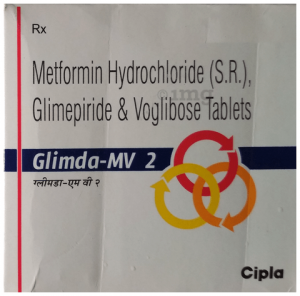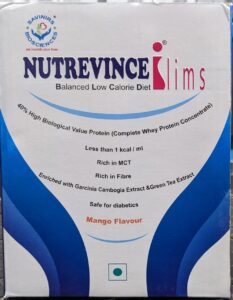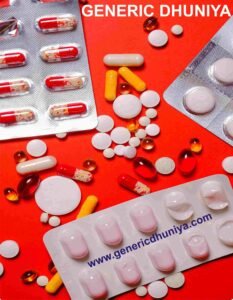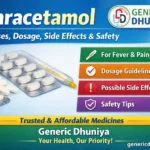What is Medical Nutritional Therapy (MNT) ?
Medical Nutritional Therapy (MNT) is a therapeutic approach that involves using specific nutrition interventions, such as dietary modifications, supplements, and education to manage medical conditions, prevent diseaseprogression, and promote overall health and well-being.

MNT involves a comprehensive assessment of the individual’s medical history, current health status, and lifestyle habits to develop personalized dietary recommendations that address their specific health needs. This may involve addressing nutrient deficiencies, reducing or increasing certain food components, managing food allergies or intolerances, and adjusting the total calorie intake.
Medical conditions that can benefit from MNT include diabetes, cardiovascular disease, obesity, gastrointestinal disorders, cancer, renal disease, and eating disorders. A registered dietitian or nutritionist typically provides MNT services under the guidance of a healthcare professional.
Overall, MNT is an evidence-based approach that can help individuals achieve and maintain optimal health outcomes by using nutrition as a powerful tool in disease management and prevention.
Nutrition plays a critical role in the care and management of ill patients, as it can affect their recovery, immune function, and overall quality of life. Here are some key considerations for providing nutrition to ill patients:

- Adequate calorie and protein intake: Illness can increase the body’s energy and protein requirements. Thus, it is essential to ensure that the patient receives enough calories and protein to support their recovery and maintain muscle mass.
- Balanced diet: The patient’s diet should provide a balance of carbohydrates, proteins, and fats, along with essential vitamins and minerals.
- Easy-to-digest foods: Depending on the nature of the illness, the patient may have difficulty digesting certain foods. Therefore, it may be necessary to provide easy-to-digest foods, such as soups, broths, and pureed fruits and vegetables.
- Hydration: Illness can also increase the body’s fluid requirements. Therefore, it is important to ensure that the patient stays adequately hydrated by providing them with water, herbal teas, and other fluids.
- Nutritional supplements: In some cases, the patient may require additional nutritional supplements, such as protein powders or multivitamins, to support their recovery.
- Personalization: The patient’s nutrition plan should be personalised to their specific medical condition, taking into account their unique needs and dietary restrictions.
Overall, proper nutrition is an essential component of care for ill patients, and a registered dietitian or nutritionist can help develop a personalised nutrition plan to support their recovery and overall well-being.
buy generic medicines online in https://genericdhuniya.com/
generic dhuniya
generic duniya


















